Lenovo is reportedly working on a PC gaming handheld called the Legion Go
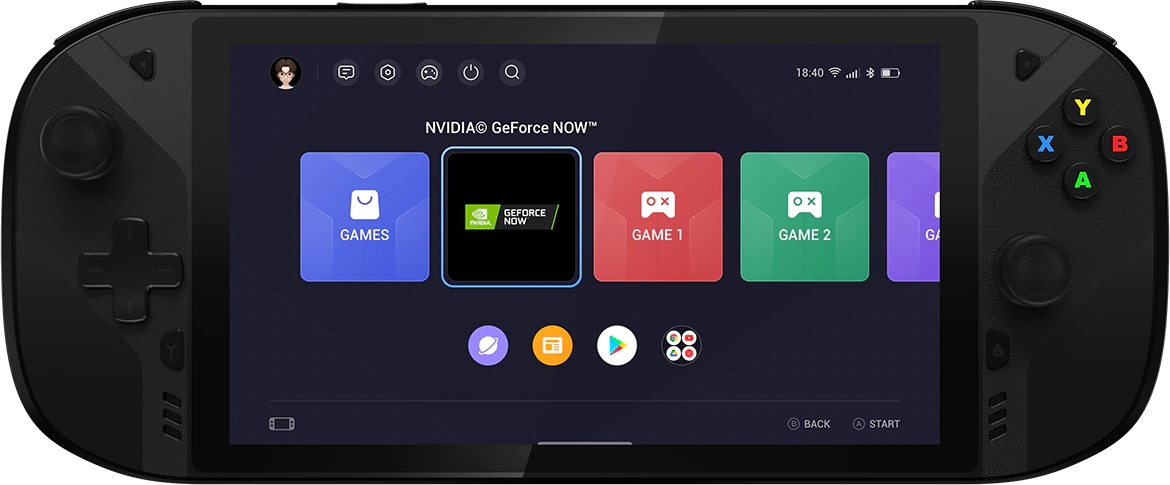
Lenovo could be the next OEM to launch a PC gaming handheld. The company is said to be working on a device called the Legion Go.
The Nintendo Switch, which was launched in 2017, turned heads as it took portable gaming to a new level. While mobile games were still evolving in terms of graphics, the Japanese giant stunned the World with the likes of The Legend of Zelda: Breath of the Wild, Super Mario Odyssey and other AAA titles which delivered home-console level gameplay and graphics in a compact device that you could carry in your bag.
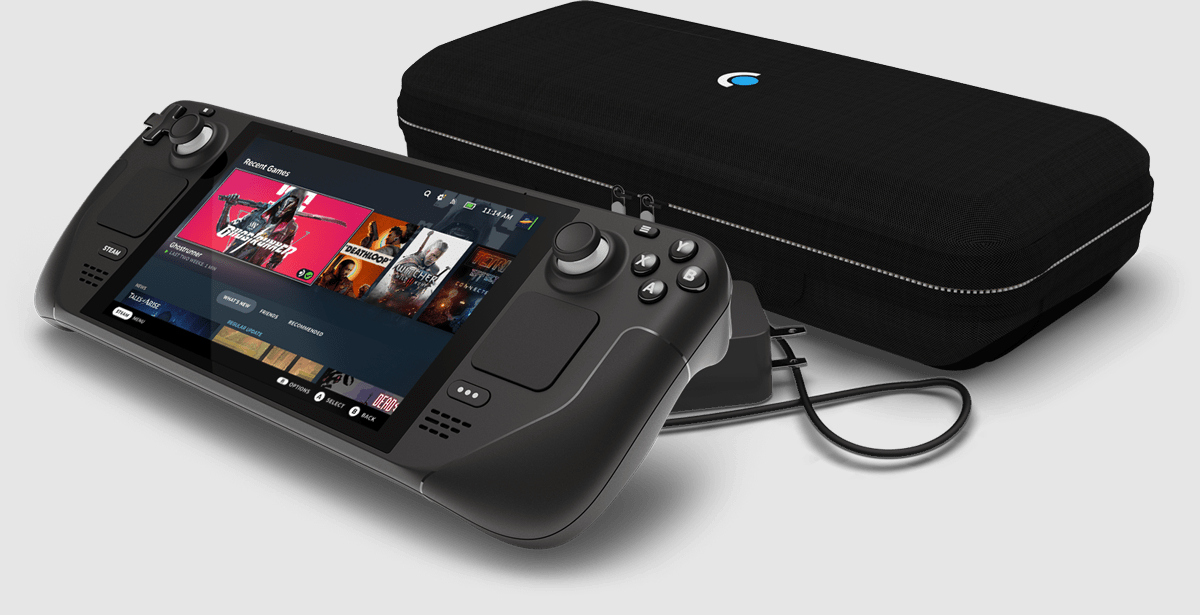
The Switch dominated the handheld market for a solid 5 years before its first real competitor entered the ring, when Valve launched the Steam Deck in 2021. This opened a different portal for gamers, as they weren't restricted to Nintendo's catalog of games. You could literally play any PC game on the Steam Deck. The fact that the portable PC gaming handheld could play high-end games like Red Dead Redemption 2, Elden Ring, God of War among other titles was the marketing that it needed. Valve couldn't have asked for anything better than the approving nod from gamers, and it came to nobody's surprise as the device sold like hot cakes.
A few months ago, a new player emerged in the form of the ASUS ROG Ally. Unlike the Steam Deck which runs on Linux (SteamOS), the ROG Ally runs on Windows 11. Both consoles allow you to sideload games, so you could play games from your Steam, GOG, Epic Games library quite easily.
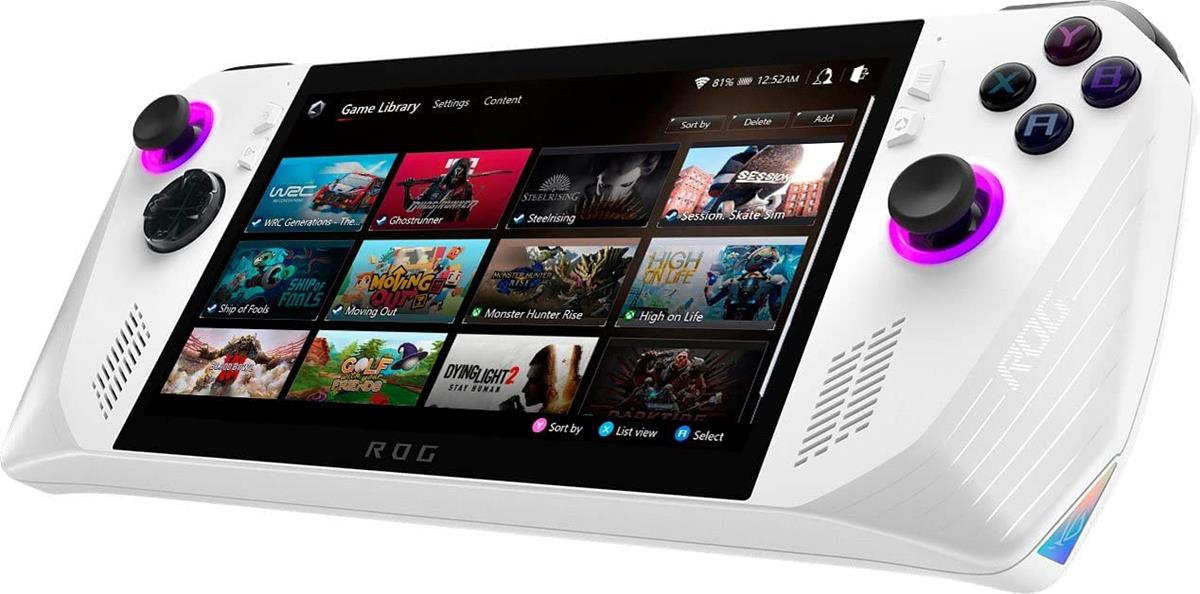
Sony has plans for its own handheld. No, it's not a successor to the PSP or the Vita. The upcoming device, which is called, Project Q will allow gamers to stream games (Remote Play) from their PlayStation 5 over Wi-Fi. This is a rather bizarre product, as it can't run games natively.
Is it surprising that Lenovo wants to level the playing field with a product of its own? Not really, the Legion Go could be just as successful. As a matter of fact, Lenovo did want to throw its hat into the gaming handheld ring earlier, with the Legion Play. It was supposed to be a handheld console that ran on Android, but the company ditched the plans for the cloud-gaming device that may have supported Xbox Cloud Gaming and NVIDIA GeForce Now. Here's what it looked like according to a previously leaked image.
(Image courtesy: Liliputing)
Windows Central says that the Lenovo Legion Go could have a similar design. According to the report, the Legion Go could be powered by an AMD Phoenix 7040 series chip. For context, the Steam Deck is equipped with an AMD Zen 2 chipset, while the ASUS ROG Ally has an AMD Ryzen Z1 Extreme processor. The Lenovo Legion Go may sport an 8-inch display, which is larger than the 7-inch screen on the Steam Deck and ASUS ROG Ally. The report notes that Windows compatibility is practically guaranteed since the device has an AMD SoC. It is unclear when the device would launch, or if it would, so take this leak with a pinch of salt.
Many games that are launching on Steam are Steam Deck verified, indicating how popular portal gaming has become over the last year. OEMs have seen the demand for portable consoles, it won't be long before the other big players enter the handheld gaming market, it would not make sense for them to skip the trend. Dell (Alienware), HP (Omen) and Acer (Nitro) have their own range of gaming laptops. Surely they have the means to up the game with a gaming handheld. Dell showcased a concept device called the Alienware Concept UFO at CES 2020.
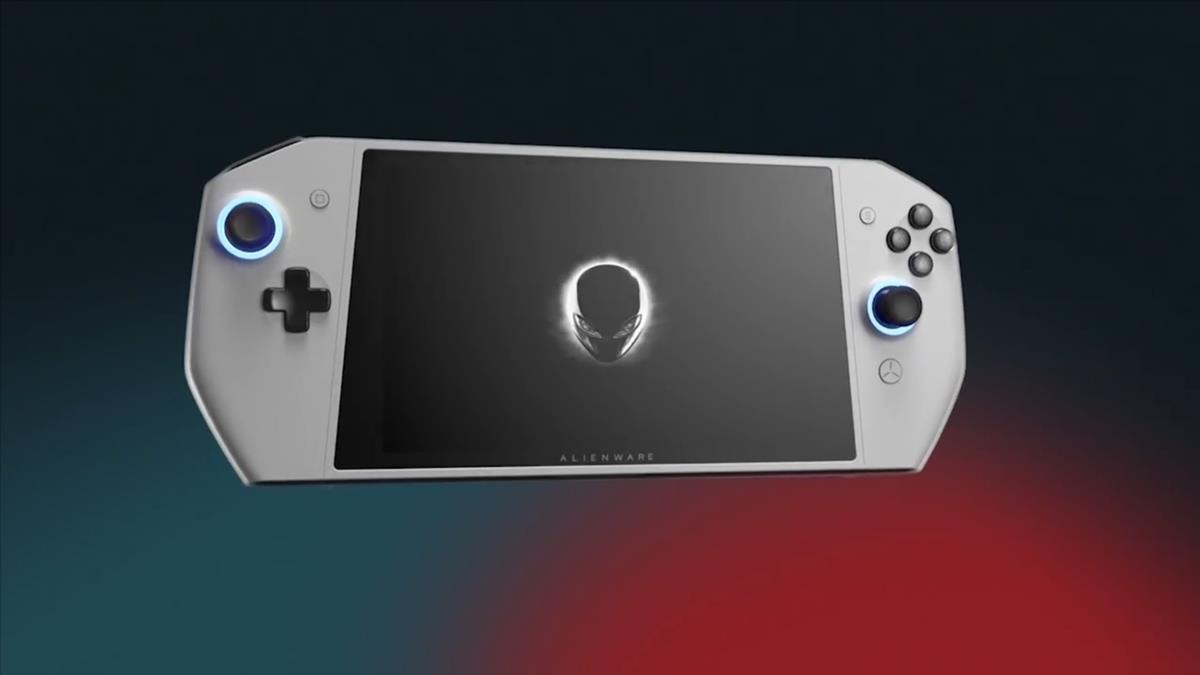
Image via: Dell
The more, the merrier, this rivalry could be healthy as it will likely make them compete, improve and optimize the tech even further. The thing is, the current handheld PC gaming consoles come with a hefty price tag, the Steam Deck price starts at $399 for the 64 GB eMMC version while the model with 256 GB SSD costs $529. The ASUS ROG Ally is more expensive at $700. Most of these are first-gen products, they are kind of unique, which is why the prices are almost as high as a laptop would go for. But eventually, as the market gets saturated with a number of PC gaming handhelds, it will likely result in the products becoming more affordable as well. That's how the market works, it's all about supply and demand. But don't expect that to happen immediately, it will take a few years for the industry to stabilize.



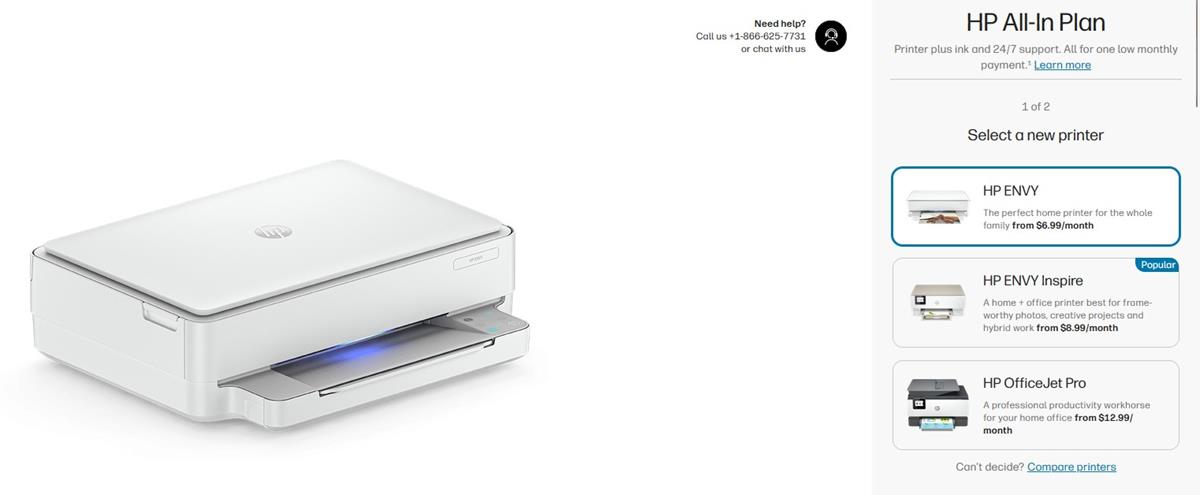
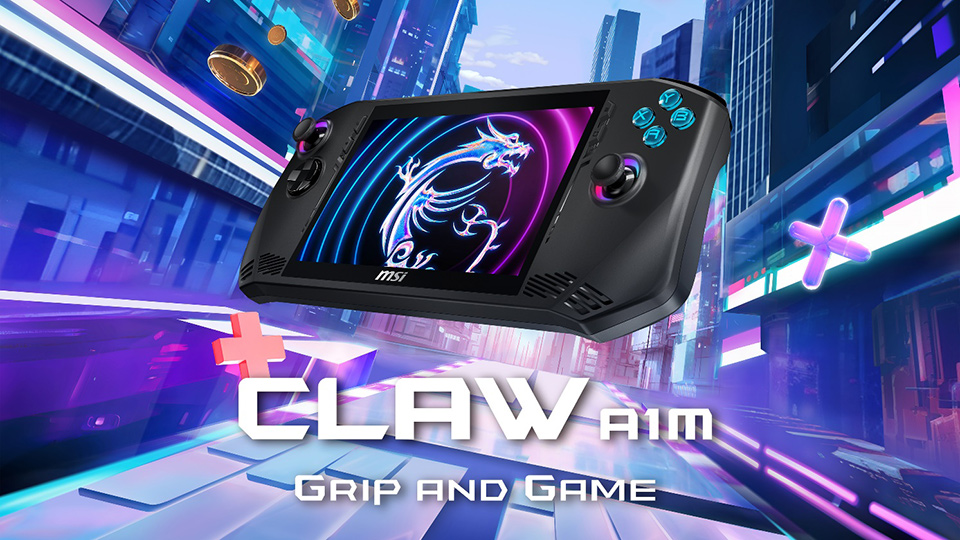

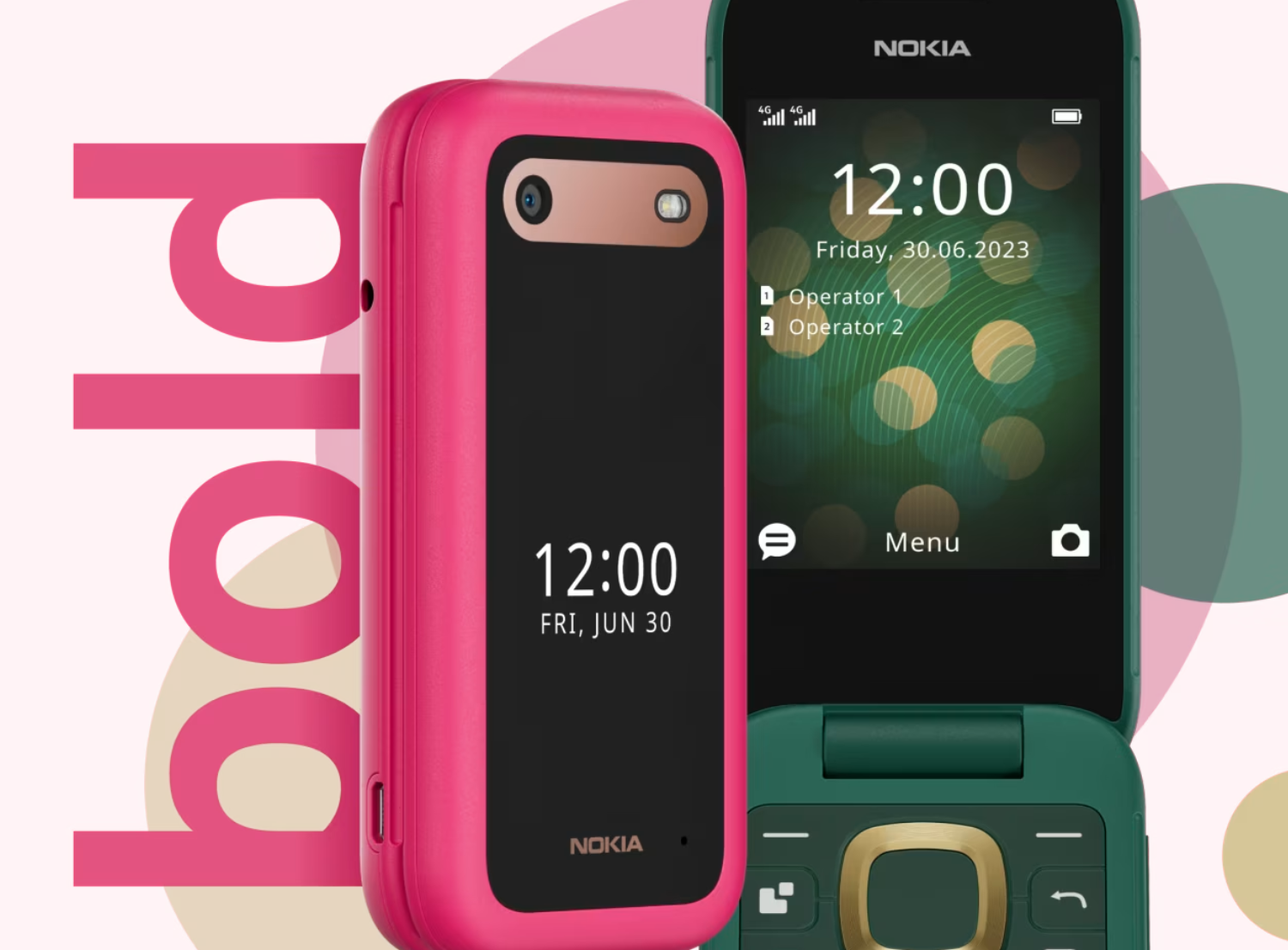
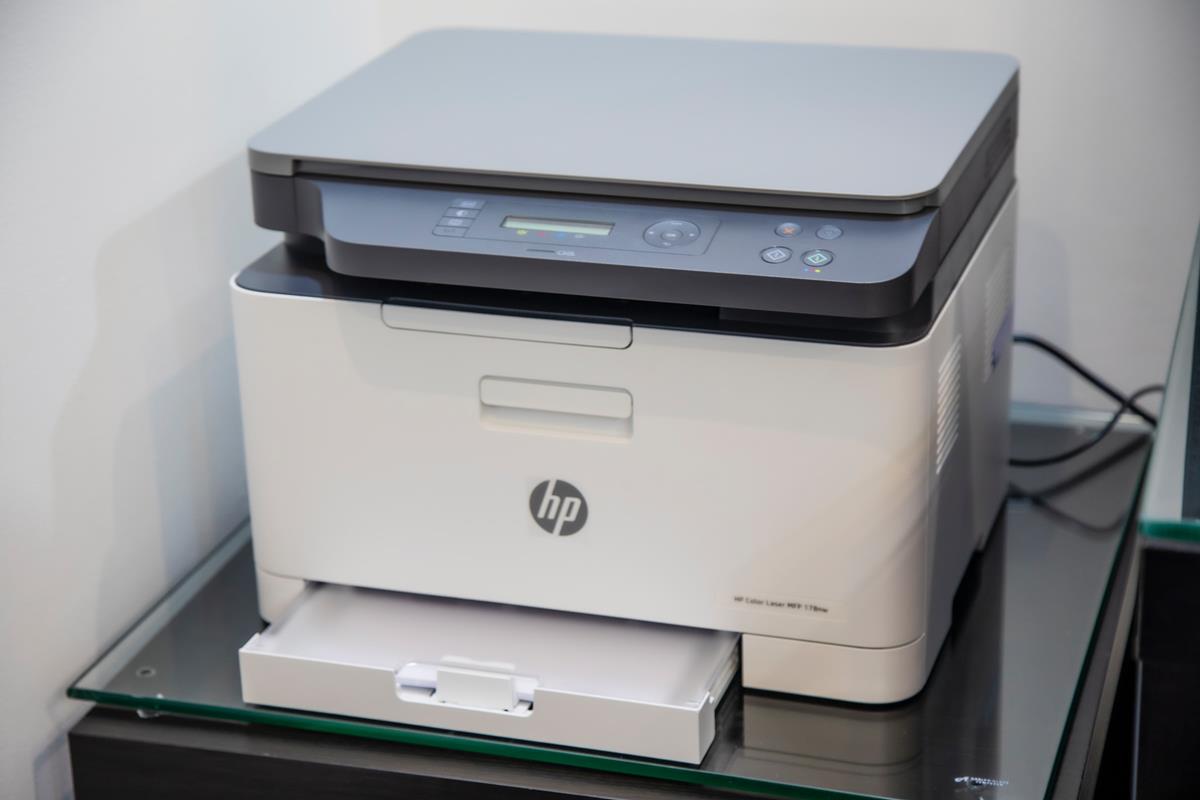
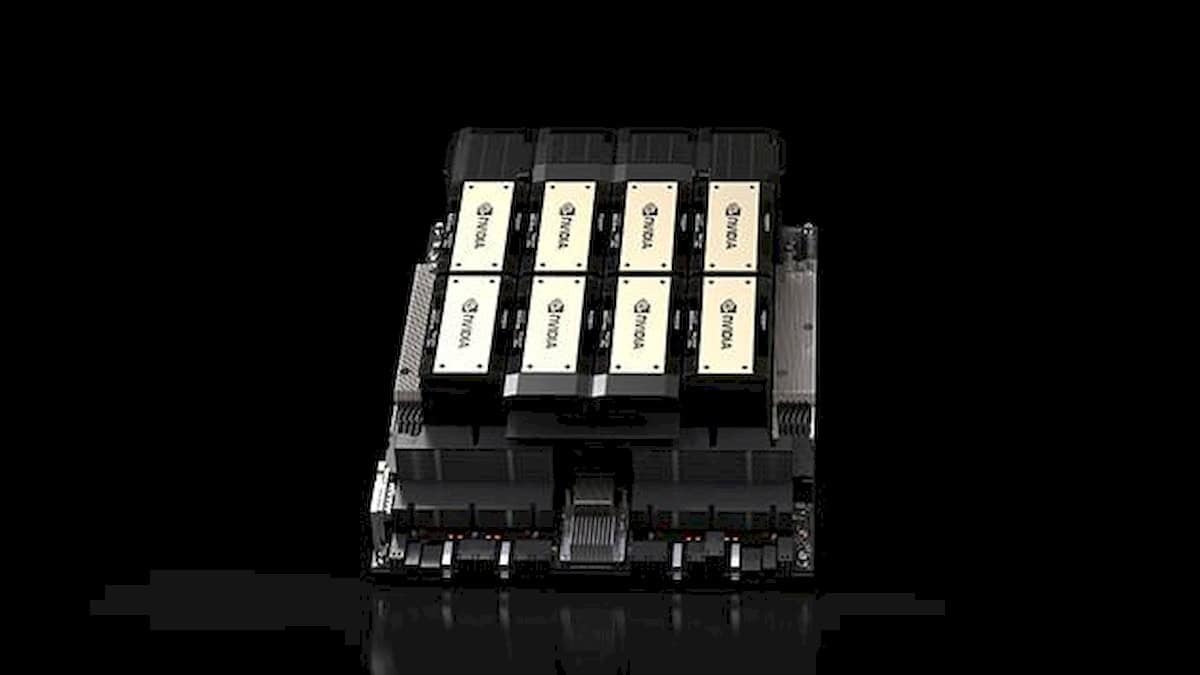
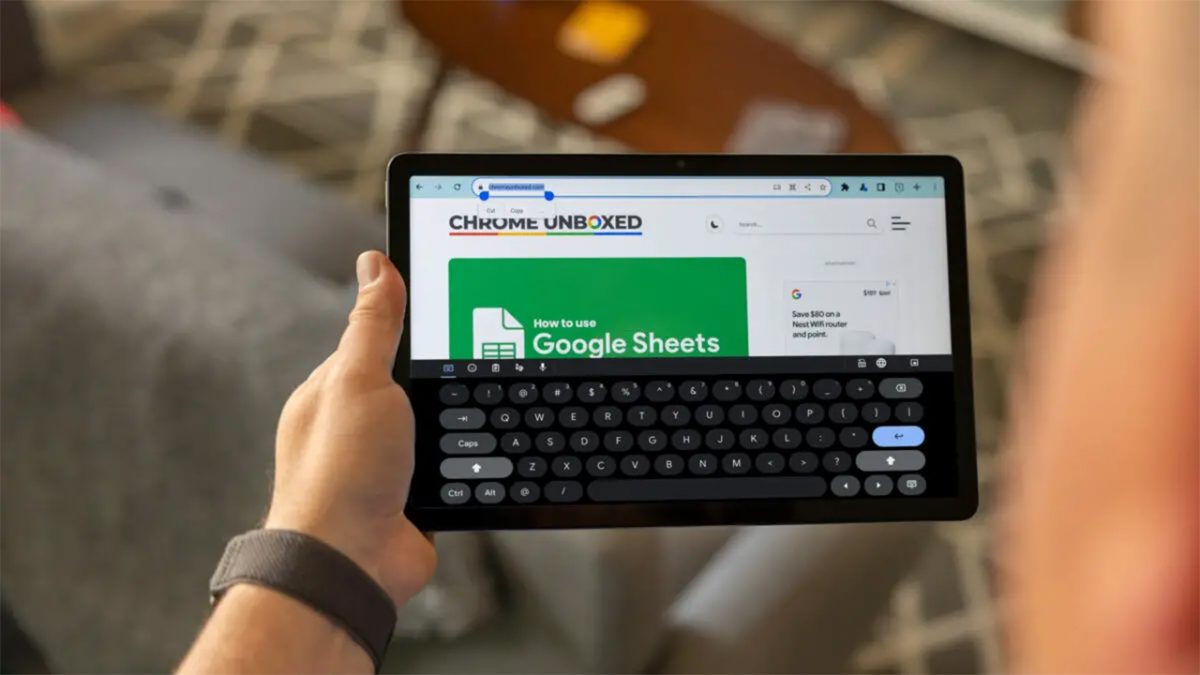
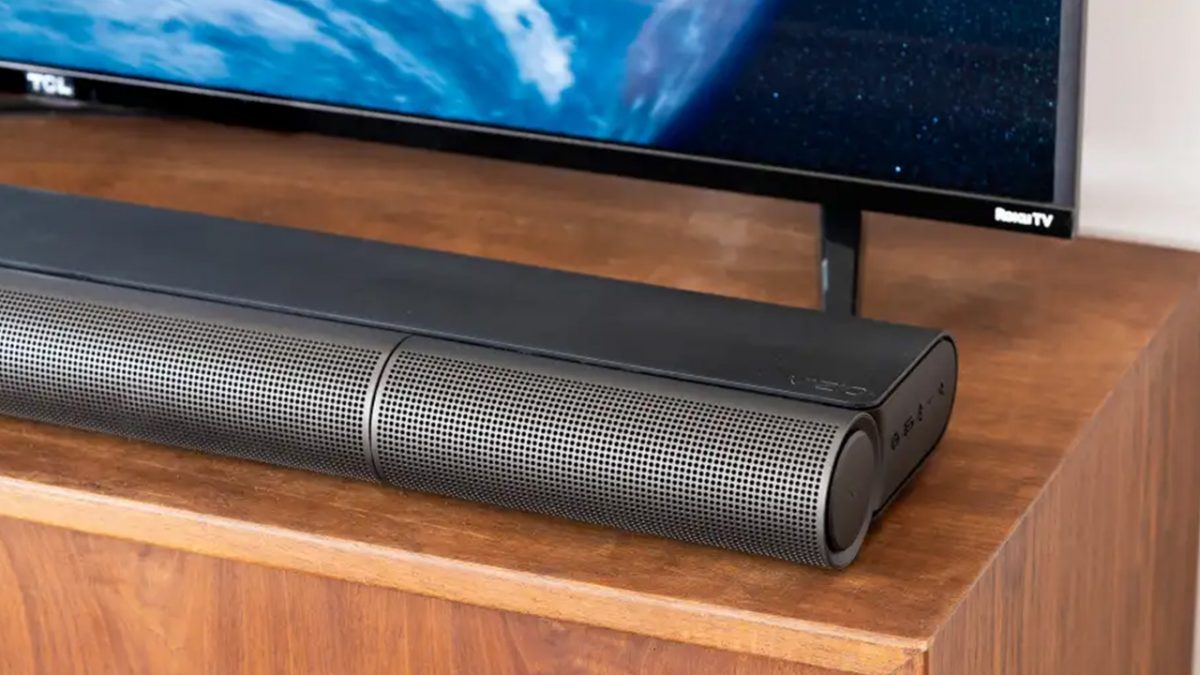
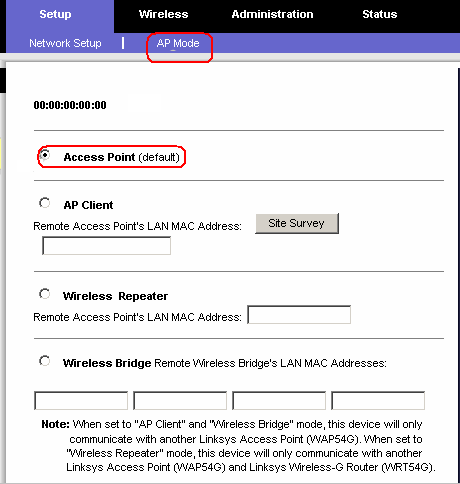
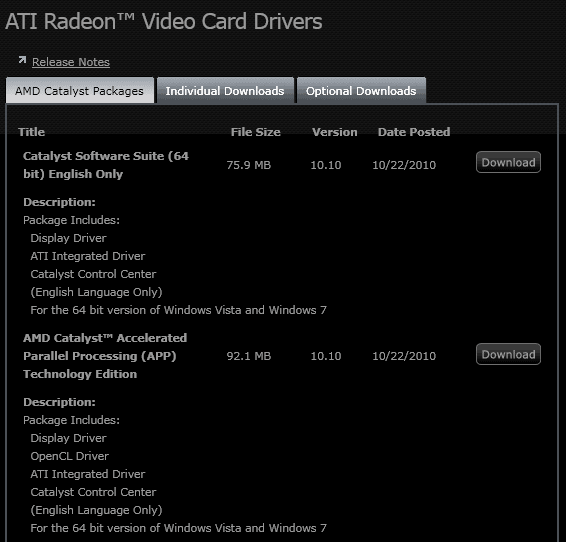










Nintendo has its own ecosystem and exclusive games. Steam has its own store and OS, also both Switch and Steam Deck relatively cheap devices. Competition is beneficial but neither Lenovo nor Asus have the advantages Nintendo and Steam have and their devices simply overpriced. They’re DOA.